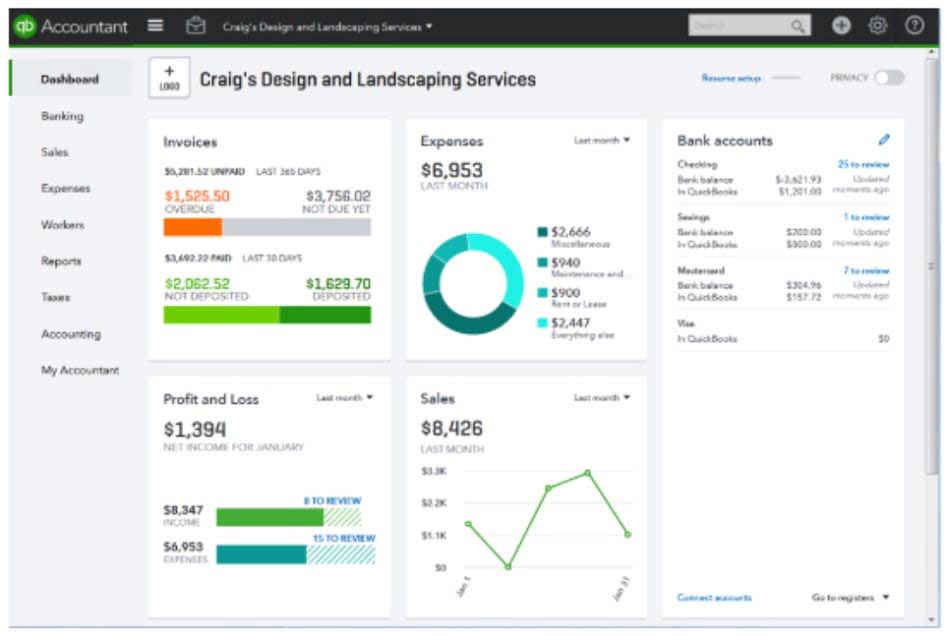Financial Instruments Explained: Types and Asset Classes

It limits the depth arising from correctly matching transactions that impact the business similarly. More importantly, if a transaction does financial accounting not involve cash, this method does not include it. We cannot coordinate all economic transactions with the cash basis of accounting.
Video Explanation of Types of Financial Analysis
Its balance sheet reveals the assets, such as the factory and machinery, liabilities, such as payables and loans, and invested capital from the owner and accumulated equity. Balance sheets provide a snapshot of a company’s assets, liabilities, and equity at a specific point in time. A financial accountant can help prepare financial https://www.bookstime.com/ statements, but it’s more than just columns of figures – it’s the narrative of a business’s progression within the business life cycle. Follow us on a journey into the mechanics of the financial accounting process, exploring its inner workings and crucial role in presenting a company’s financial story to the world.
Top 50+ SAP FICO Interview Questions & Answers in 2024 – Simplilearn
Top 50+ SAP FICO Interview Questions & Answers in 2024.
Posted: Thu, 08 Feb 2024 08:00:00 GMT [source]
Financial Analysis Best Practices
If a financial statement is not prepared using GAAP, investors should be cautious. Also, some companies may use both GAAP- and non-GAAP-compliant measures when reporting financial results. GAAP regulations require that non-GAAP measures are identified in financial statements and other public disclosures, such as press releases.
- Let’s compare accounting methods and basic principles to a symphony again – the musical instruments, musicians, and the conductor.
- The other key purpose of financial accounting is to share information.
- In the United States, accountants follow the generally accepted accounting principles (GAAP) when they compile financial statements.
- Cost accounting helps businesses make decisions to reduce costs, increase profits, and boost efficiency.
- For example, a goods manufacturer will have a variety of sales and payment categories.
External Auditing
While each is talented and important, unless they are synced up, we cannot experience the depth of the symphony. The musicians can play together independently, but their sounds and rhythms won’t match a complete performance. We can imagine a conductor directing when each musician plays (a financial transaction or economic event) to orchestrate an experience that exceeds that of individual sounds.
What all accounting types have in common
- It limits the depth arising from correctly matching transactions that impact the business similarly.
- Under GAAP, it’s largely dependent on the legal form of the asset or contract.
- In some cases, if the company’s leadership suspects financial wrongdoing, they might bring in a forensic accountant for an internal audit.
- You’ll need financial accounting to get a loan, find investors, or file taxes.
As well as who is authorized to do what accounting task and what procedures and policies are in place. Companies outside the US use International Financial Reporting Standards (IFRS)—a set of standards created by the International Accounting Standards Board (IASB) and used in over 120 countries. Note that shareholders are investors in a company and are a type of stakeholder.
Accounting is important as it keeps a systematic record of the organization’s financial information. Up-to-date records help users compare current financial information to historical data. With full, consistent, and accurate records, it enables users to assess the performance of a company over a period of time. Management accounting is about collecting data, analyzing it and then compiling it into financial reports that people in leadership positions can use to make better business decisions.

Small Business Resources

It’s typically done by tax, financial or managerial accountants, depending on the audit’s purpose. It’s debatable whether auditing should be considered one of the types of accounting. Because you can do auditing in the context of tax, financial, management, forensic and international accounting. While it isn’t relevant for businesses that only operate in one country, international accounting is a necessity for companies that want to expand globally. It’s prudent to hire an international accountant if you intend to enter a foreign market because failure to comply with its laws might get you into legal trouble.
- Standard cost accounting helps businesses find variances and investigate the reasons behind them.
- The stable monetary unit assumption is not applied during hyperinflation.
- Through financial ratio analysis, financial accounting allows these parties to compare one balance sheet account with another.
- Together, they help internal stakeholders, such as managers, better control costs.
- Organizations use these transactions to analyze and optimize their financial performance.
- For this exercise to be most effective, the results should be benchmarked against other companies in the same industry to see how well the company is performing.
- Standard reports like balance sheets, profit and loss statements, and cash flow statements are key.

